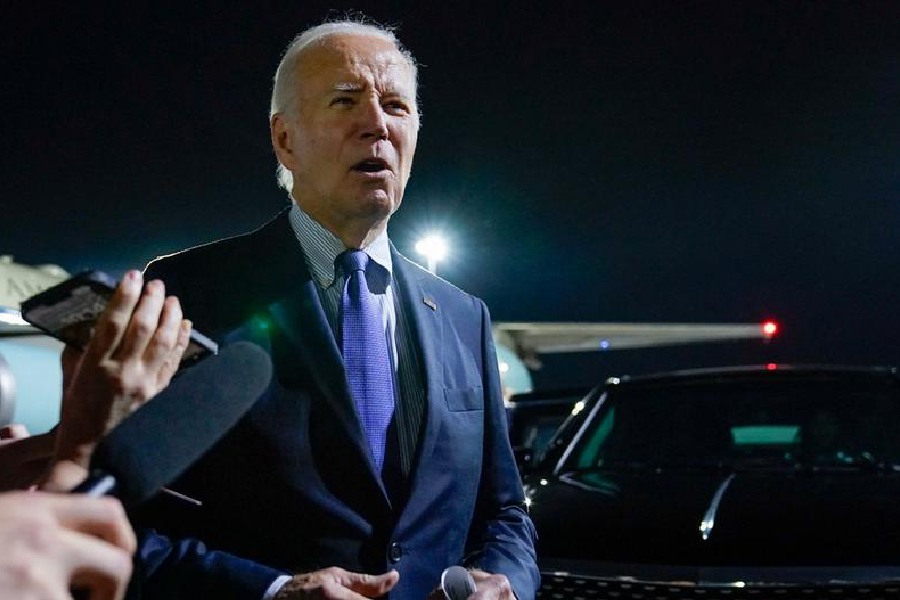President Joe Biden on Friday will formally apologise for the role of the federal government in running boarding schools where thousands of Native American children faced abuse, neglect and the erasure of their tribal identities.
“I’m heading to do something that should have been done a long time ago, to make a formal apology to the Indian nations for the way we treated their children for so many years,” Biden said on Thursday as he departed the White House for Phoenix, where he will address the Gila River Indian Community on Friday.
The trip is Biden’s first visit to a Native American reservation as President, and the first time an American President has apologised for the abuses that happened on the federal government’s watch over more than a century. From the early 1800s to the late 1960s, the US government removed Native children from their families and homes and sent them to boarding schools for the purpose of erasing their tribal ties and cultural practices.
“For decades, this terrible chapter was hidden from our history books,” said Deb Haaland, the nation’s first Native American interior secretary, who joined the President on Air Force One to Arizona. “But now our administration’s work will ensure no one will ever forget.”
Biden is expected to speak about legislation he has signed that has delivered more than $45 billion in federal money towards tribal nations and particularly infrastructure and health systems on reservations. The Gila River Indian Community outside Phoenix has received more than $80 million in federal funds to build a pipeline to irrigate crops amid drought conditions.
New York Times News Service










